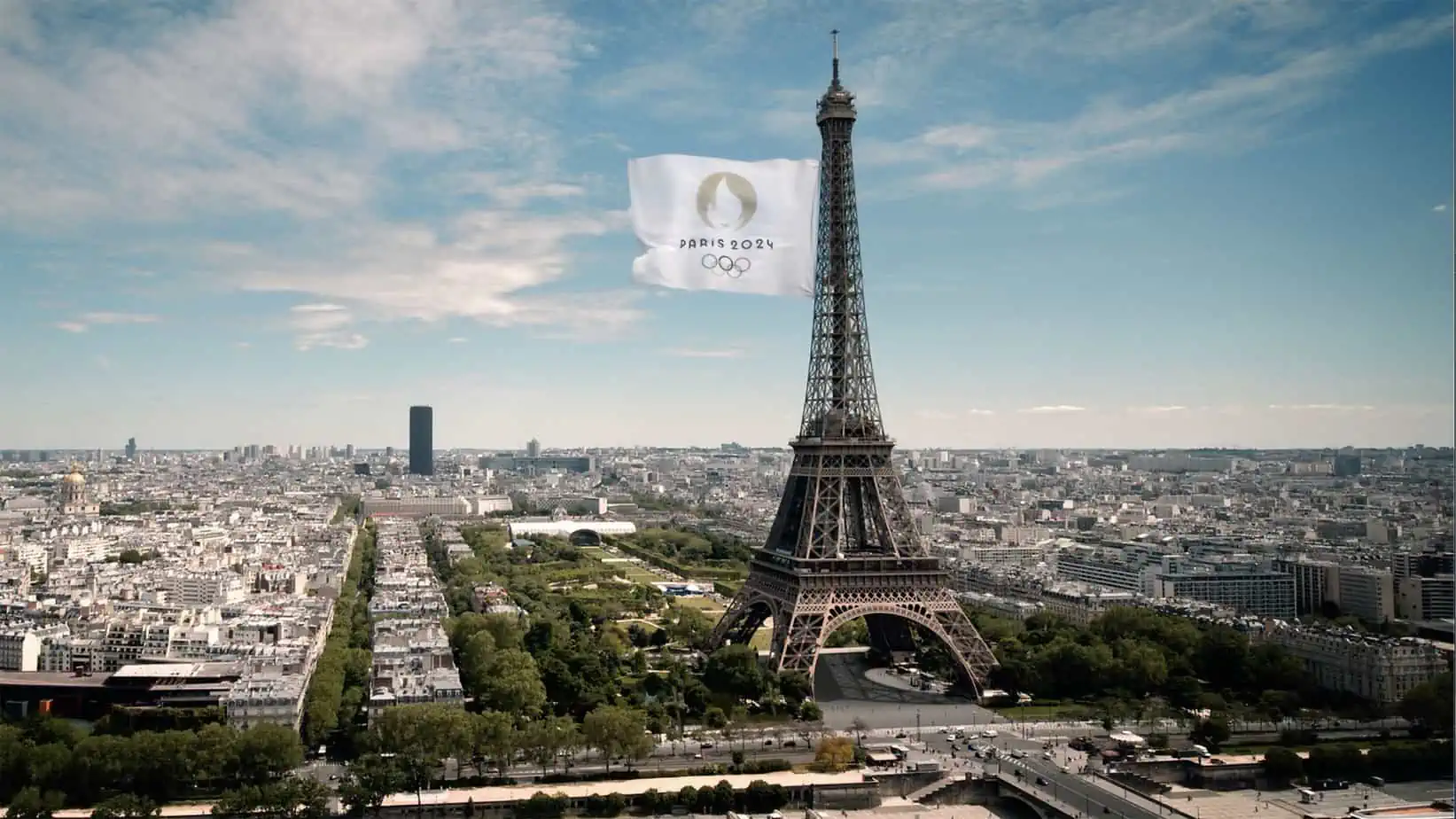Halved CO₂ footprint at the heat hotspot
At the 2024 Summer Olympics in Paris with its golf competitions, CO₂ emissions are to be halved compared to the previous event in Tokyo in 2021. It remains to be seen to what extent this will be possible in the place that was hit by extreme heatwaves in 2023 and is considered a kind of heat hotspot.
The region around Paris is plagued by heat. In 2023, a heatwave of extreme proportions swept through the area around the French capital. The French weather service Météo-France reported record numbers that reached almost the entire southern European country. A red alert was also issued specifically in Paris, where a study published in Lancet Planet Health found that the risk of heat-related death among older residents aged 85 was 1.6 times higher than elsewhere. Since then, Paris has been preparing for such heat waves. Exercises in which dozens of schoolchildren in the 13th arrondissement of Paris tested the scenario of a heatwave last fall 2023 and moved the classroom into a disused railroad tunnel were among them.
In Paris, the 2024 Summer Olympics are now set to set a record for avoiding CO₂ emissions around its golf competitions at Le Golf National. At least that is what the organizers have in mind, as emphasized in a message on paris2024.org. The aim is to reduce emissions by half compared to the last Summer Olympics in Tokyo in 2021.
According to the report, “a methodology defined in advance and fully integrated into the overall strategy and operations” was applied for the first time, true to the motto “avoid, reduce, compensate”. The aim is to halve the 3.5 million tons of CO₂ emissions from the games in Tokyo. This is to be achieved, for example, by using 95 percent of the existing infrastructure and by building facilities that can be used in the affected areas after the end of the Games. Low-carbon processes, renewable energies and sustainable catering have therefore been set as goals to reduce the carbon footprint.
In addition, particular attention is to be paid to the Scope 3 emissions category of the Scope concept of the Green House Gas Protocol (GHG), which covers indirect emissions along a value chain. All emissions that cannot be avoided are to be offset with the sustainability projects launched since 2021 and bring both environmental and social benefits on all continents. The aim is to help employees, sponsors and citizens to recognize and reduce their personal carbon footprint during the Games with the help of an app (“Climate Coach”). It also wants to encourage partners and suppliers “to ensure that 100 percent of their purchases from games are sustainable and limit their climate impact as part of its responsible procurement strategy.”
It remains to be seen what role Le Golf National will play in reducing the carbon footprint when it hosts the golf competitions from August 1-10, 2024. In any case, the golf course located southwest of Paris has good experience in hosting major events in terms of sustainability. In 2018, Saint-Quentin-en-Yvelines hosted the world’s biggest golf event, the Ryder Cup. The Open de France, a DP World Tour tournament, is also regularly held here.








